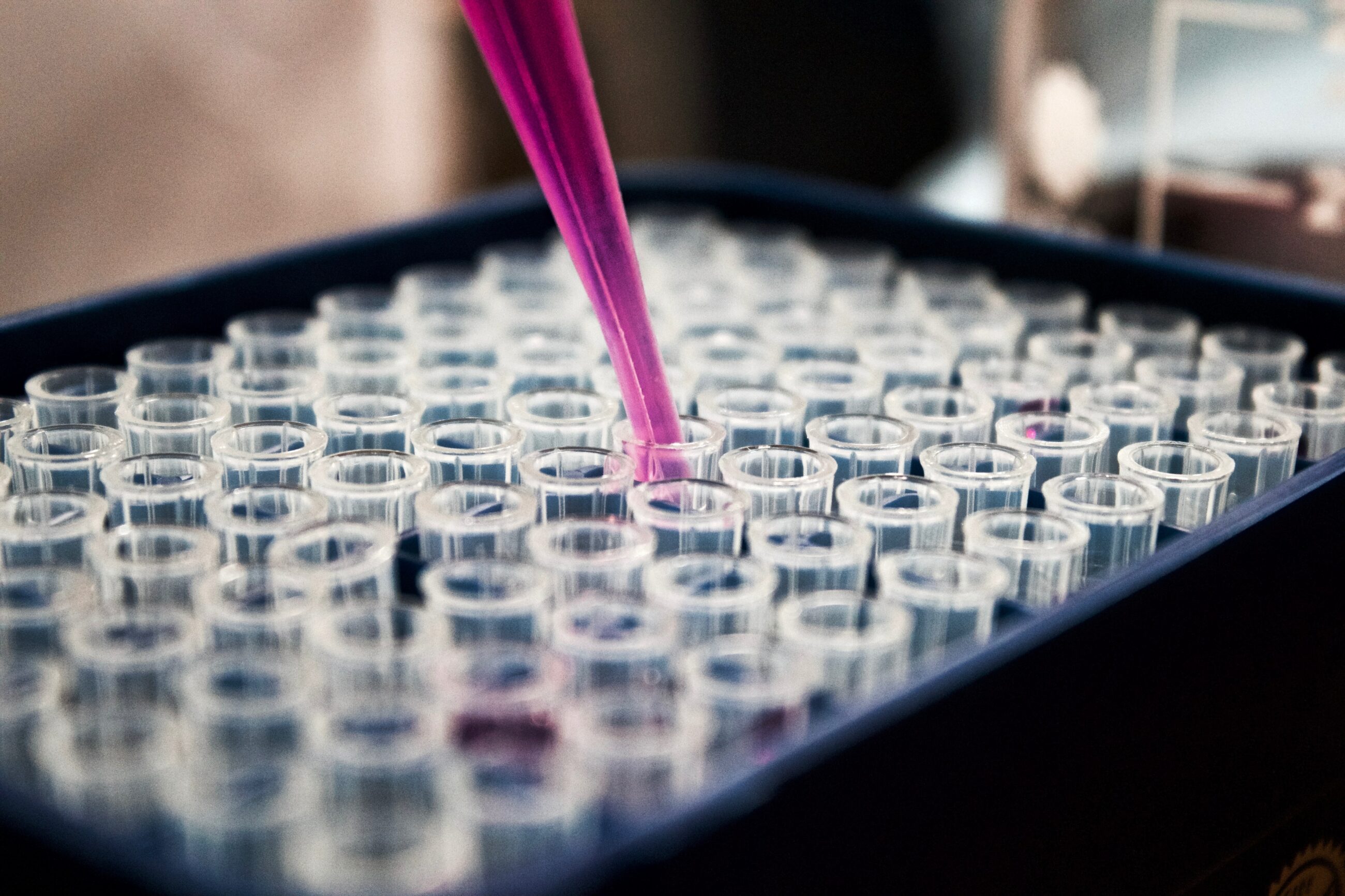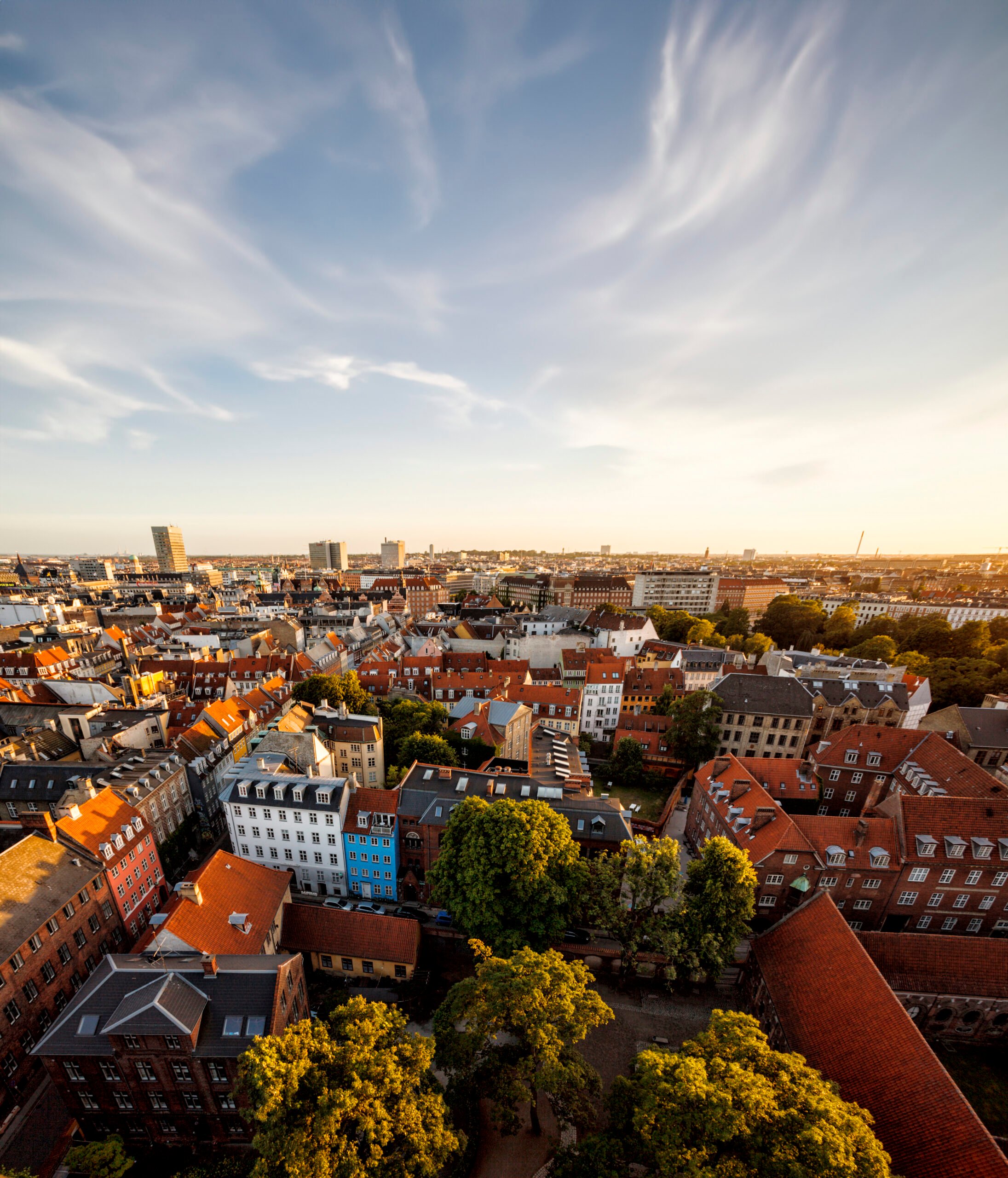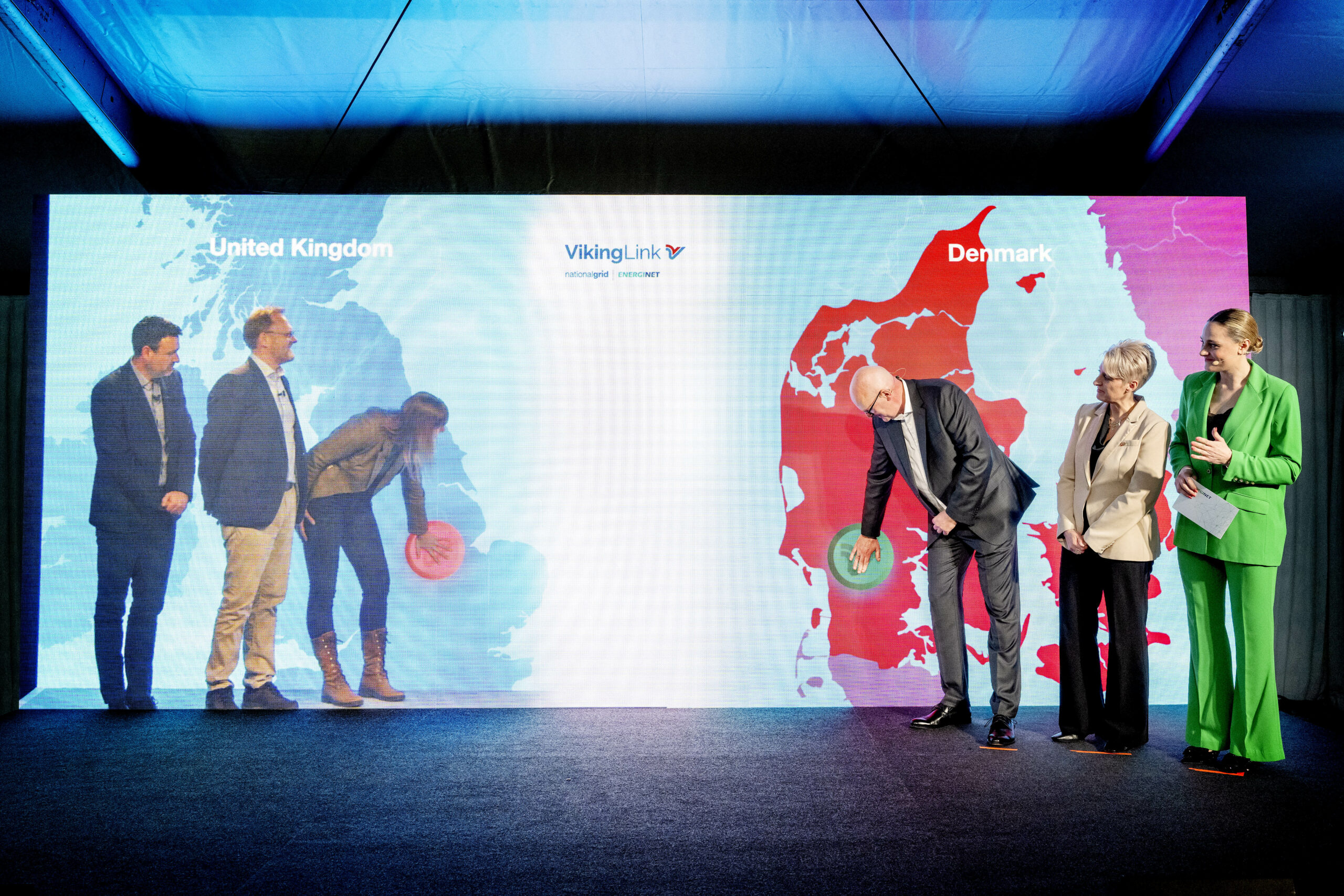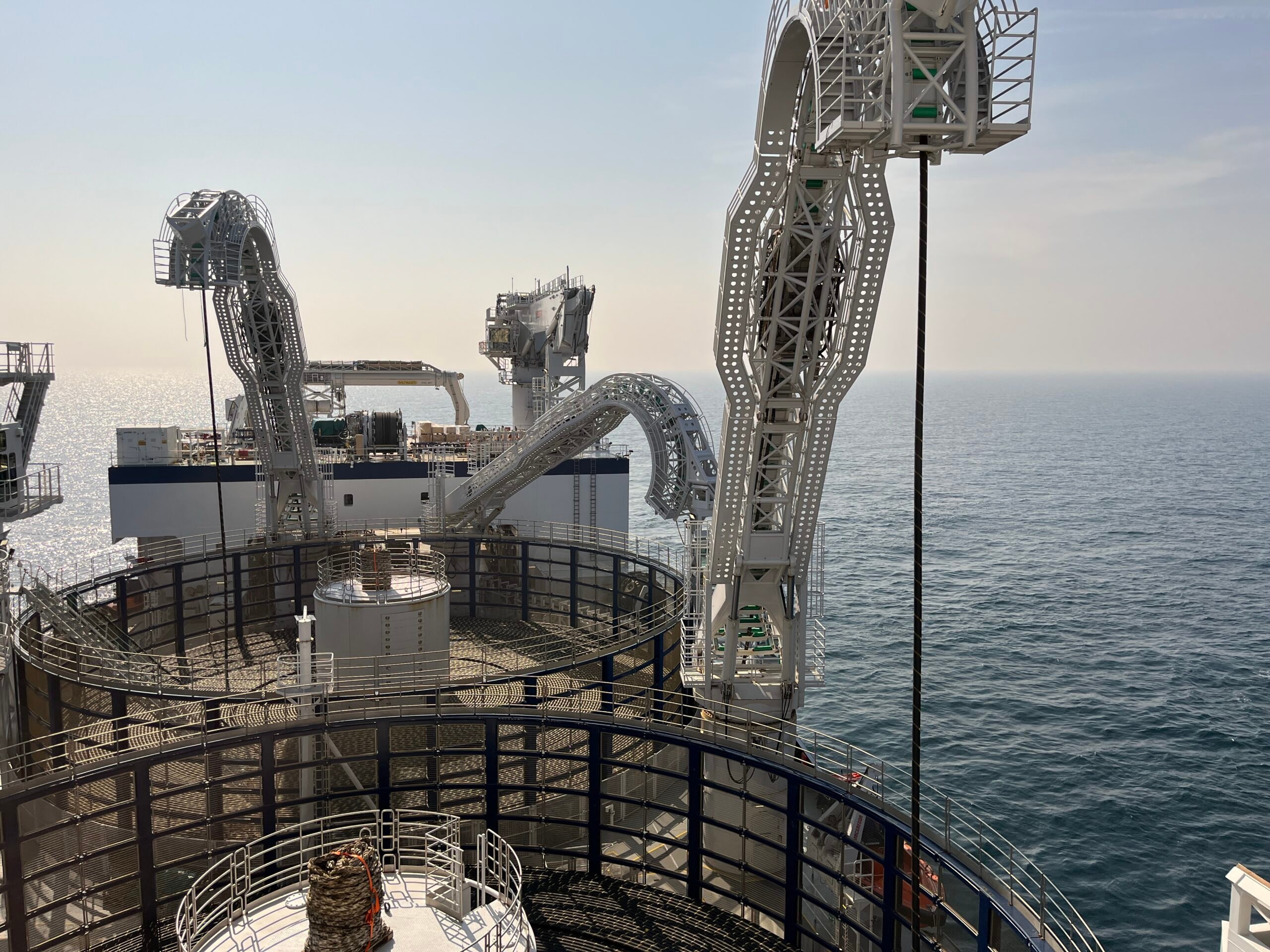News
Denmark allocates EUR 200 million to green research


On November 6, the Danish Government, and the Liberal Party of Denmark (Venstre), the Danish People’s Party (Dansk Folkeparti), the Danish Social-Liberal Party (Radikale Venstre), the Socialist People’s Party (Socialistisk Folkeparti), the Red-Green Alliance (Enhedslisten), the Conservative People’s Party (Det Konservative Folkeparti), The Alternative (Alternativet), the New Right (Nye Borgerlige) and the Liberal Alliance reached agreement on the Research Reserve for 2020.
Given the relatively new government’s strong environmental and climate focus, it was decided that the annual allocation of the Danish Research Reserve should contribute to the country’s ongoing transformation to a carbon neutral, environmentally sustainable society and the government’s stated objective of a 70 per cent reduction in greenhouse gas emissions in Denmark by 2030. Therefore, the parties agreed that there is a need for a broad cross-disciplinary research effort. To this end, the political parties sitting in the Danish parliament allocated approximately EUR 134 million more to green research than they did in 2019, thereby resulting in an allocation of EUR 200 million to green research and development in 2020.
“This agreement sees us setting a new green course for Denmark’s development. Research is crucial to achieving our ambitious goals within the green transformation, which is why green research is getting a significant boost. It will allow us to develop more climate-friendly agriculture, travel with less impact on the planet, and provide us with even more green energy. And we are also allocating funding for pilot projects in sustainable architecture and design. The billions for green research will not only fund the development of new ideas, but also more realised solutions that can quickly become part of our daily lives. This broad political agreement is an important step in the green transformation and I am pleased that we have the support of all parliamentary parties,” stated the Danish Minister for Higher Education and Science, Ane Halsboe-Jørgensen.
-Related solution: Test your renewable energy technology in Denmark
Historically high amount of funds devoted to green research
Allocation of the Research Reserve has been a fixed element of the annual national budget negotiations since 2011. The overall reserve amounts to EUR 268 billion and represents approximately 8 per cent of the total public research budget, which is EUR 3 billion. The reserve represents money that already has been set aside for research, but needs to be allocated to specific areas. The allocation of EUR 200 million to green research means that three quarters of the entire reserve is devoted to green research – a historically high amount.
Danish foundations such as the Danish Innovation Fund and the Independent Research Fund Denmark will receive the bulk of the funds earmarked to green research. Test, development and demonstration programs within energy and environmental technologies and agriculture and the food sector are also receiving substantial amounts of funding.
-Related solution: Ecogrid 2.0: flexible electricity consumption in private households
Thumbs up to the allocation, but allocate even more funds next time say stakeholders
The Danish reaction to the agreement on the allocation of the reserve has been largely positive.
“With today’s agreement, politicians have given us – in cooperation with other actors within the research and innovation system – a substantial task and substantial responsibility to accelerate the green transition and invest in the technologies, that will allow us to reach the political goal of reducing our CO2 emissions by 70 per cent within ten years,” states director Tore Duvold, from Innovation Fund Denmark.
Danish Energy, the trade organisation for energy companies in Denmark, also supports the prioritisation of green research.
“If we’re going to fulfil our ambitious objective of reducing our CO2 emissions by 70 per cent in 2030, then we need to take quantum leaps in regards to green technologies and solutions – so thumbs up to all the parties in the parliament for focusing on green research,” states the CEO of Danish Energy, Lars Aagaard.
Lars Aaagard also suggests that it would be wise to focus on the so-called problem child in climate issues, namely the transport sector:
“Now we need to focus our efforts on the areas we know require a technological breakthrough – namely in coverting electricity to heavy transport and aviation. This is an adventure we need to embark upon, so that Denmark can also lead the way on a global level,” Lars Aaagard concludes.
The Confederation of Danish Industry, which represents the private sector in Denmark welcomes the allocation, but stresses the need to devote more funds to research and development, which is responsible for one per cent of Denmark's overall GDP:
"If we are going to achieve the objective of reducing CO2 emissions by 70 per cent in 2030, then we need to take a targeted approach to investing in research that contribute to sustainable solutions. We view the agreement as an important first step, but we hope the ambition level will be even higher next year so that funding for green research is increased by an additional EUR 200 million in the lead up to 2022, " says Mette Fjord Sørensen, Head of Research, Higher Education and Diversity at the Confederation of Danish Industry.
Facts about the allocation of the Research Reserve:
Of the EUR 258 million, the parties have prioritised EUR 200 million to green research:
Under Innovation Fund Denmark, EUR 84 million has been allocated to broad, cohesive and long-term initiatives within energy, climate, agriculture, transport, nature and the environment, cities and society, as well as behavioural studies.
Under Independent Research Fund Denmark, EUR 46 million has been allocated to promote the original ideas of researchers, to strengthen the growth layer of researchers and for capacity-building.
EUR 5 million has been allocated to climate research and research into carbon storage by the Danish Meterological Institute (DMI) and the Geological Survey of Denmark and Greenland (GEUS).
EUR 45 million has been allocated to the Energy Technology Development and Demonstration Programme (EUDP), which creates jobs and contributes to achieving the target of a 70 per cent reduction in greenhouse gas emissions by 2030.
EUR 25 million has been allocated to Green and Environmental Technology Development and Demonstration Programmes and efforts within agriculture, the environment and environmental protection.
EUR 268 thousand has been allocated to the research portal Videnskab.dk. The funding will help broaden awareness and understanding of the importance of green research to society.
Finally, EUR 803 thousand has been allocated to pilot projects in research into sustainable design and architecture.
In addition, the parties have agreed to allocated EUR 51 million to balanced research initiatives that do not have a green research focus.
Sources: Climate News (in Danish), the Danish Ministry of Higher Education and Science, , the Confederation of Danish Industry (in Danish).
Photo: Photo by Louis Reed on Unsplash















